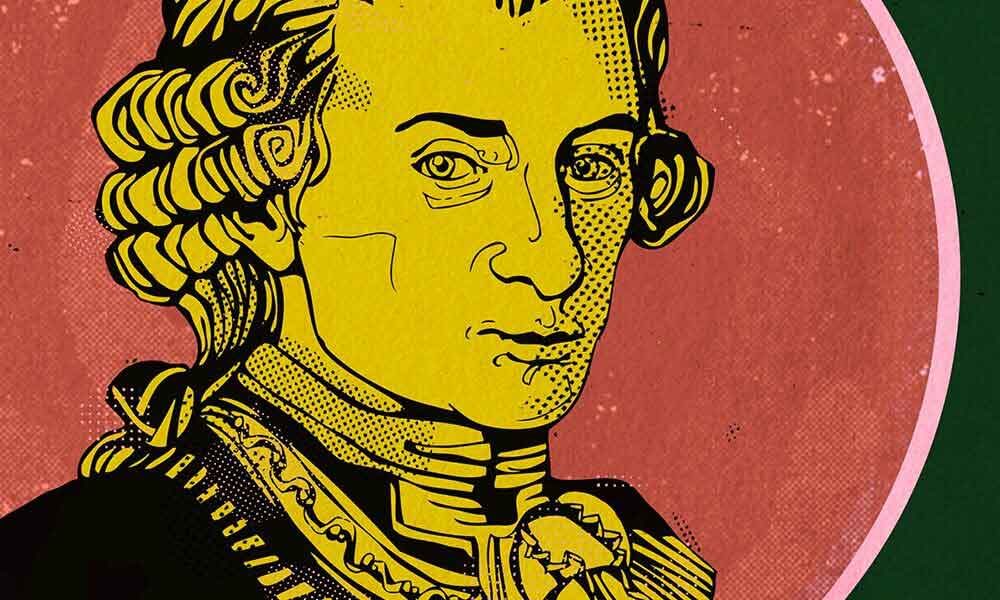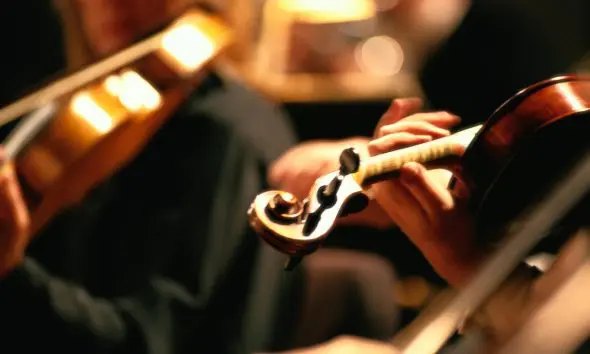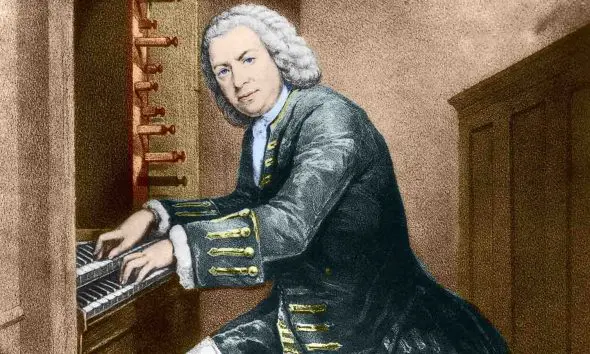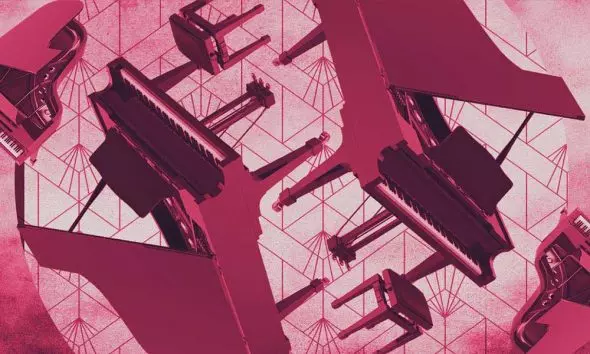‘Mozart Effect’ Can Reduce Epilepsy Attacks
Researchers have found that listening to Mozart’s music, especially on a daily basis, can reduce the frequency of epilepsy seizures.

Researchers from the University of Pisa have found that listening to Mozart’s music can reduce the frequency of epilepsy attacks. The concept that listening to Mozart’s music may have beneficial side-effects on mental health started with several ‘Mozart Effect’ findings in the 1990s. However many of the studies since then have been too small, or of variable quality, leading to mixed evidence overall and therefore regarded with scepticism by many clinicians.
Now two Italian researchers, Dr Gianluca Sesso and Dr Federico Sicca, have conducted a systematic review of works related to the effect of Mozart’s music on epilepsy. They looked at 147 published research articles and used scientifically approved methods to analyze clinical treatments in multiple published works. They then separated twelve research papers into nine groups representing the highest level of available science on Mozart’s music as an epilepsy treatment.
Listening to Mozart reduced epileptic seizures
The researchers found that listening to Mozart’s music, especially on a daily basis, reduced epileptic seizures by an average of between 31 and 66 percent and also reduced the frequency of interictal epileptiform discharges, the spikes that occur between seizures, in epileptic patients.
“This isn’t the first such review of the effect of Mozart’s music on epilepsy,” noted Dr. Gianluca Sesso. “But there has been a flow of new research in the last few years, so it was time to stand back and look at the overall picture.”
The original studies of the ‘Mozart Effect’ used Mozart’s Sonata For Two Pianos in D major, K. 488 and this has remained the music most used in studies. Mozart’s Piano Sonata No. 16 in C major, K. 545 also appears to be effective.
“All cultures have music, so it obviously fulfils some psychological need,” said Dr. Gianluca Sesso. “The mechanisms of the ‘Mozart Effect’ are poorly understood. Obviously other music may have similar effects, but it may be that Mozart’s sonatas have distinctive rhythmic structures which are particularly suited to working on epilepsy.”
Epilepsy drugs do not work for about 30 percent of patients
Epilepsy is a common neurological disorder affecting nearly one in one hundred people worldwide. Mostly it’s treated by drugs but they do not work for about 30 percent of patients. Listening to Mozart’s music may provide a viable, non-invasive treatment.
“We need to be open to other therapies,” said Dr. Gianluca Sesso. “The important thing is that these therapies can be tested and shown to work, and this is what we have shown here.”
This is a review of research, and not original research. One thing it shows is that we need more consistent studies into the effect of music on the mind.”
The results of this comprehensive meta-analysis (a study of studies) were presented at the 33rd European College of Neuropsychopharmacology Congress – an independent scientific association dedicated to the science and treatment of disorders of the brain.
Listen to the Best of Mozart on Spotify.
Do you want to be the first to hear the latest news from the classical world? Follow uDiscover Classical on Facebook and Twitter.






